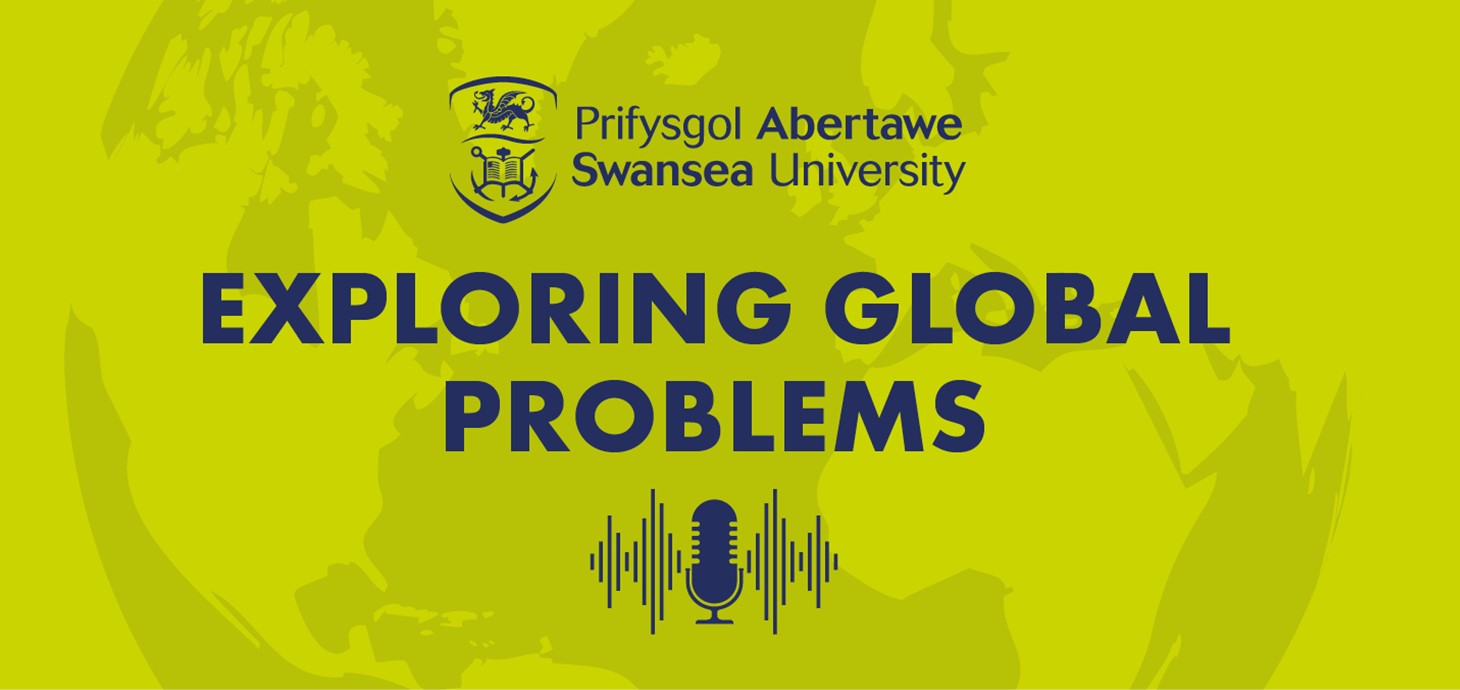
What is the future of AI and Chat GPT? Can digital technology help deter reoffending? Can we build systems that are safe, secure and resilient to any security threats?
These and many other questions will be answered in our latest season of research podcast “Exploring Global Problems’ where Swansea University academics discuss how their ground-breaking research helps to tackle global challenges.
In this 11-episode third season, academics are examining topics as diverse and important as protecting ourselves from cancer-causing chemicals, improving health care for autistic people and rethinking society’s relationship with cars.
This series also sees the return of regular presenter Dr Sam Blaxland, who over the next few months will take listeners through episodes featuring academics from a variety of disciplines, talking about their passion for their research, teaching their students, and working with their partners. In each episode, the interviewee reveals how their research makes a positive contribution to people’s lives and how this drives their success. There will also be a Welsh language episode with science fiction expert Dr Miriam Jones.
Swansea University’s Pro-Vice-Chancellor for Research, Professor Helen Griffiths said:
“I’m delighted that the third season of our exciting “Exploring Global Problems’ podcast is about to go live. This new podcast series shines a light on our impressive research through the voices of our researchers who are narrating the incredible societal impact of their research, highlighting how their research is meeting the most pressing challenges of today and tomorrow.”
Swansea University has a rich research environment and produces truly impactful research. In the Research Excellence Framework, 91% of its research was classed as world-leading and internationally excellent and 86% of its research was making outstanding impact at a local and global level.
Listeners can find the podcasts by subscribing to the series on their preferred podcast provider or via the Swansea University website and a new episode will go live every two weeks.
